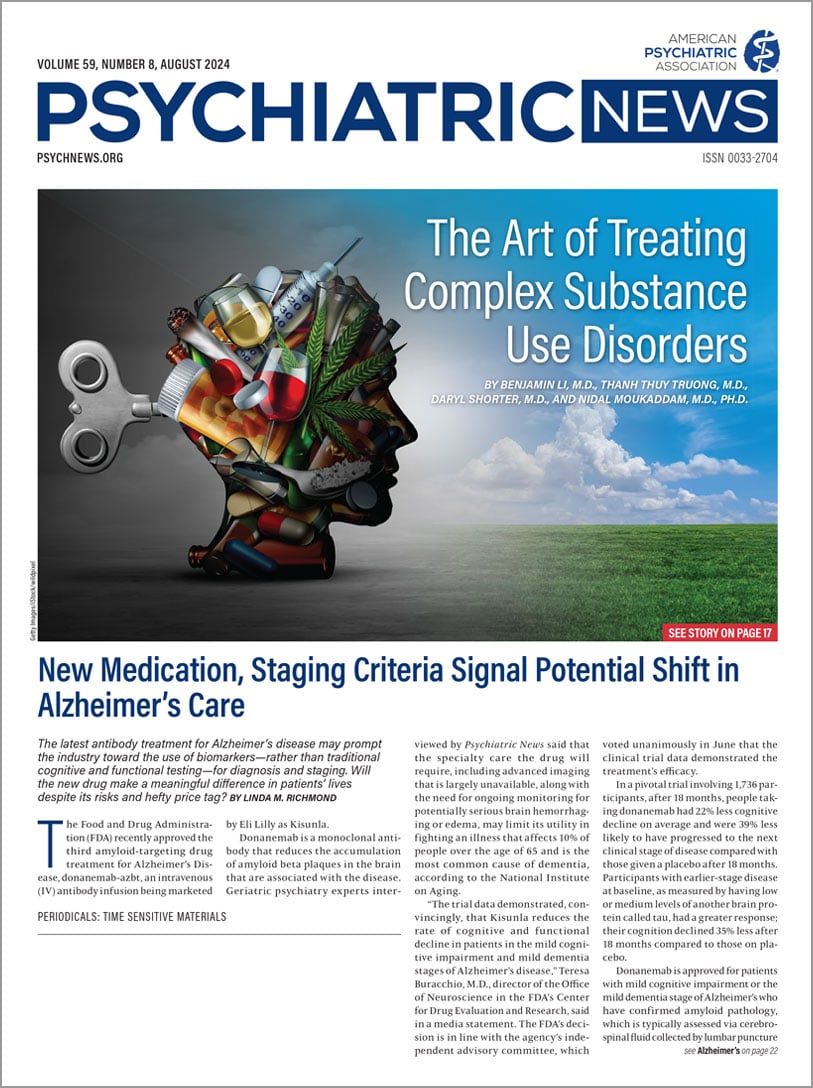Interest in women’s mental health continues to grow, and resources for didactic and clinical training have expanded considerably over the past few years. As psychiatry residents in Boston in 2021, we founded
Repro Psych Trainees with the goal of creating an interactive space for trainee collaboration and education in women’s mental health. Since then, we have discovered an enormous level of enthusiasm for this subspecialty among the hundreds of trainees who have joined from all over the country.
We are often asked by medical students and residents about paths they can pursue to gain formal training on women’s mental health topics. In this article, we highlight existing training pathways for trainees looking to enhance their educational experience.
•
Complete a one- to two-year fellowship in women’s mental health.
This option incorporates didactic and clinical training and supervision, and in some cases, it also includes research opportunities. Each fellowship offers different clinical experiences that are tailored to the resources and strengths of the institution. The best fit for applicants depends on their clinical interests and the practice setting they prefer (inpatient, partial hospital, outpatient, hospital-based clinic, or private practice). A full list of programs is hosted by the
Maternal Mental Health Leadership Alliance and updated every other year by Repro Psych Trainees. There are currently no programs accredited by the American Council for Graduate Medical Education (ACGME), but that may change in the future. Since fellowships are not ACGME accredited, positions are not filled through the National Resident Matching Program, and applications are typically reviewed on a rolling basis, so if this pathway interests you, don’t hesitate to reach out to fellowship directors at any time in the academic year.
•
Complete a women’s mental health concentration or track during psychiatry residency.
Some psychiatry residency programs offer specific women’s mental health training, often described as tracks or concentrations, during residency. There is no comprehensive list of such tracks yet; most residents learn about these tracks on programs’ websites and during the residency interview process. Kristen Chalmers, M.D., a first-year psychiatry resident at the University of Washington, is working to create a “centralized guide of programs’ curriculum, research, and clinical training in reproductive psychiatry [to] help future resident applicants find a program that fits their priorities”.
•
Complete a consultation-liaison (C-L) fellowship with a women’s mental health focus.
While the number of fellowship positions for women’s mental health is relatively small, C-L fellowships are an often-overlooked pathway and are ACGME accredited. Several programs offer a concentration in women’s mental health, and this pathway may be an especially good fit for psychiatrists who are debating between the two fellowships and/or have visas that restrict them to ACGME-accredited fellowships. Since most fellowships are based in academic medical centers with labor and delivery and postpartum units, they provide significant training experience related to perinatal health. The
Women’s Mental Health Special Interest Group is also one of the largest and most active special interest groups of the Academy of Consultation-Liaison Psychiatry.
•
Identify an away elective (as a medical student or resident) in women’s mental health.
Medical students and residents can consider reaching out to programs that offer electives for visiting trainees. This can be a great way for trainees to obtain additional clinical experience and supervision while also networking outside their institution. One such example is the
Motherhood Center in New York, which offers advanced training for PGY-4 residents.
PMH-C certification is available to both physicians and nonphysicians and offers psychotherapy and psychopharmacology tracks. Benefits of completing the certification include a broad overview of these topics designed for clinicians with any role in the women’s health space and the ability to be listed in the PSI provider directory.
The National Curriculum for Reproductive Psychiatry offers self-guided modules, free to all trainees. A nonclinical fellowship is also available to help support the improvement of the curriculum.
•
Join Repro Psych Trainees.
Repro Psych Trainees offers free monthly lectures by experts around the country. It also highlights ways to stay involved through educational opportunities including discussion groups for journal articles, psychiatry-focused novels and memoirs, and podcasts focused on women’s mental health. The leadership board engages in advocacy, research, social media, mentorship, and networking with other organizations such as the
Association of Women Psychiatrists and APA’s Council on Women’s Mental Health.
•
Utilize self-study resources from APA to create your own reading elective.
The landscape of training in women’s mental health is continually changing and new opportunities for training and certification will likely continue to emerge. Regardless of what lies ahead, we are continually impressed by the tremendous interest and passion among trainees for this area of psychiatry. By taking advantage of the educational opportunities we’ve discussed here, psychiatrists can improve their readiness to treat this patient population. ■

